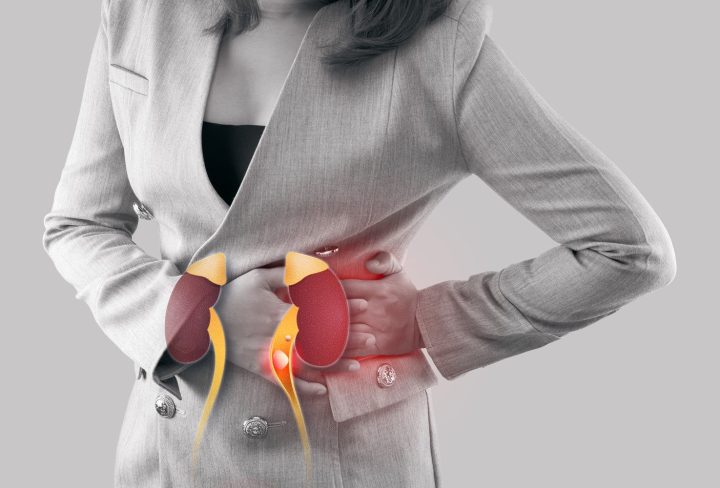Acute kidney disease is a condition that can have serious health consequences if left untreated. This condition occurs when the kidneys suddenly stop working properly, leading to a buildup of waste and fluid in the body. Early detection and treatment of acute kidney disease are crucial to prevent further damage to the kidneys and ensure optimal health outcomes.
Symptoms of Acute Kidney Disease
The symptoms of acute kidney disease can vary depending on the underlying cause and the severity of the condition. Some common symptoms include:
- Decreased urine output
- Swelling in the legs, ankles, or feet
- Fatigue or weakness
- Nausea or vomiting
- Shortness of breath
- Confusion or difficulty concentrating
- Chest pain or pressure
It is important to note that some people with acute kidney disease may not experience any symptoms at all, making early detection through regular health screenings even more important.
Diagnosing Acute Kidney Disease
If your healthcare provider suspects you have acute kidney disease, they will likely order several tests to confirm the diagnosis. These tests may include a blood test to measure kidney function, a urine test to check for abnormalities, and imaging tests like an ultrasound or CT scan to evaluate the kidneys and surrounding organs.
Treating Acute Kidney Disease
The treatment of acute kidney disease will depend on the underlying cause and the severity of the condition. In many cases, treatment will focus on addressing the root cause of the condition to prevent further kidney damage. This may include medications to manage high blood pressure or treat infections, or stopping medications that may be causing kidney damage.
In severe cases of acute kidney disease, hospitalization may be necessary to provide supportive care, such as dialysis or other medical interventions to help the kidneys function properly. Dialysis is a medical procedure that filters waste and excess fluid from the blood when the kidneys are unable to do so themselves.
Preventing Acute Kidney Disease
Prevention is always better than cure when it comes to acute kidney disease. Some steps you can take to reduce your risk of developing this condition include:
- Managing any underlying health conditions, such as diabetes or high blood pressure
- Staying hydrated and avoiding excessive alcohol consumption
- Monitoring medication use and following dosing instructions carefully
- Maintaining a healthy diet and exercise routine
- Quitting smoking
In conclusion, early detection and treatment of acute kidney disease are crucial to prevent further damage to the kidneys and maintain optimal health. If you are experiencing any symptoms of this condition or have any concerns about your kidney health, be sure to consult with your healthcare provider. With proper care and management, you can maintain optimal kidney function and prevent the development of acute kidney disease.
